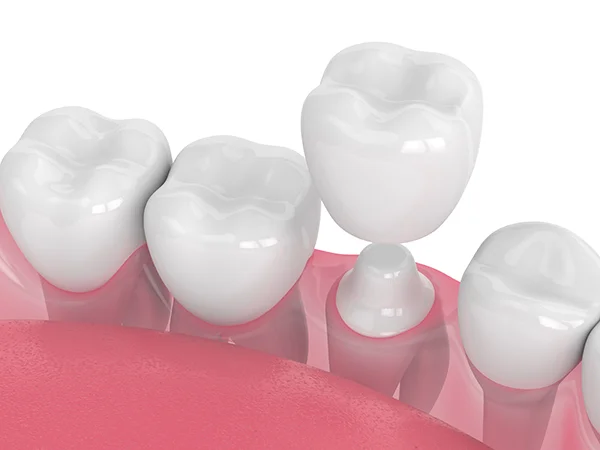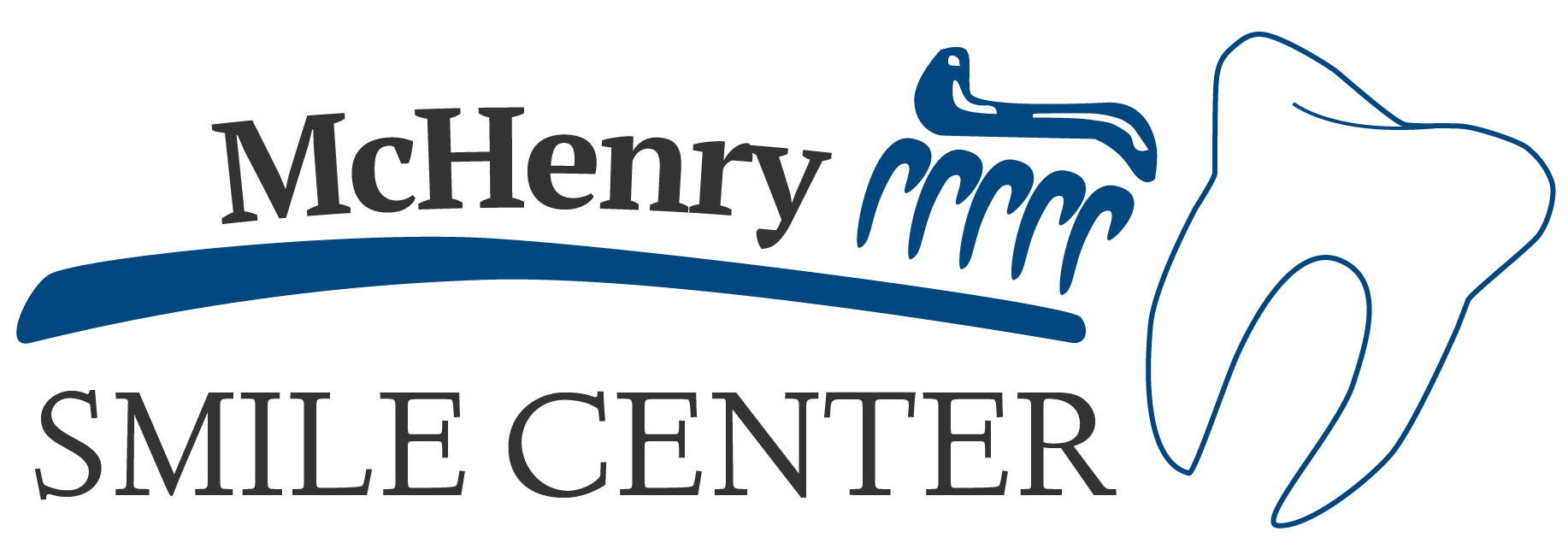Dental Crown
Dentist McHenry, IL
 The tooth surface on a natural tooth that is covered in enamel is called a crown. When you have tooth damage, infection, loss, or discoloration, an artificial crown may need to be placed. These can be placed on their own or can also be used in other procedures, such as dental bridges. We work with a variety of materials to make crowns and the choice of material depends on the intended function and look of the crown. During your consultation at McHenry Smile Center, we will explain the procedure in detail and help you choose the right material for you. The tooth surface on a natural tooth that is covered in enamel is called a crown. When you have tooth damage, infection, loss, or discoloration, an artificial crown may need to be placed. These can be placed on their own or can also be used in other procedures, such as dental bridges. We work with a variety of materials to make crowns and the choice of material depends on the intended function and look of the crown. During your consultation at McHenry Smile Center, we will explain the procedure in detail and help you choose the right material for you.
Dental Crown Materials
There are several types of dental crown material that we can use. These include metal, porcelain-fused-to-metal (PFM), ceramic, and composite resin. Metal crowns are mainly used for the teeth in the back since you cannot see them very well and they need to be strong to assist in eating. Some of the metals we use are gold (most expensive), silver, or a combination of various metals.
Ceramic, composite resin, and PFM crowns are more aesthetically pleasing options, but they are not as strong. That said, PFM crowns are supported by metal, so they are a bit more durable than the other two options. Ceramic crowns are the most common choice for people who are most concerned about looks. Composite resin crowns are the cheapest type of crown, but they are also the least durable.
Crown Procedure
Depending on the exact treatment you need, and available equipment, we may be able to provide same-day crowns. Otherwise, the process could take up to three weeks to complete. Traditional crowns require two visits. On the first visit, our dentist will get an x-ray of your teeth and jaw. We will also need to make an impression of the tooth needing the crown in order to create your custom crown.
Our dentist will treat your dental infection or damage and prepare the tooth. This involves shaving it down and shaping it to create a good support for the crown. If you are not receiving the crown on the same day as this procedure, our dentist will give you a temporary crown.
We will schedule you for a permanent crown placement once we receive it from our dental lab, which makes the crown using the dental impression. Our dentist will remove the temporary crown and place the permanent one. We can keep it in its place using a dental cement, which hardens under a special light.
Recovery and Crown Care
We will use a local anesthetic for each procedure, which lasts for a few hours. You will likely feel a bit tender for a couple of days after the procedure. For this, our dentist may recommend an over-the-counter pain medicine. We also recommend eating soft foods for the first few days. If pain, swelling, or other unusual symptoms last more than a few days, make sure to reach out to us immediately. This could indicate another infection or underlying dental condition.
Crowns, depending on the material used, will last between five and fifteen years. Call (815) 578-1000 for additional information on dental crowns.
FAQs
How long does a dental crown last?
The lifespan of a dental crown depends on the material used and how well it is maintained.On average,dental crowns last between 10 to 15 years,but with excellent oral hygiene and regular dental check-ups,they can last even longer.Avoiding hard foods,teeth grinding,and maintaining good oral care can help extend the longevity of your crown.
Who needs a dental crown?
A dental crown is recommended for individuals who have a severely decayed,weakened,or broken tooth that cannot be restored with a filling.It is also used to protect a tooth after a root canal,cover a dental implant,or enhance the appearance of a discolored or misshapen tooth.If you're experiencing significant tooth damage,your dentist may recommend a crown to restore function and aesthetics.
How do you take care of your dental crown?
Proper care is essential to prolong the life of your dental crown.Here are some key tips to maintain your crown:| • |
Brush and Floss Daily-Maintain good oral hygiene by brushing twice a day and flossing around the crown to prevent plaque buildup.
|
| • |
Avoid Hard or Sticky Foods-Chewing ice,hard candies,or sticky foods can damage or dislodge the crown.
|
| • |
Wear a Mouthguard-If you grind your teeth at night,a custom mouthguard can protect your crown from excessive wear.
|
| • |
Visit Your Dentist Regularly-Routine check-ups ensure your crown remains in good condition and helps detect any issues early. |
By following these care tips, you can maximize the durability and functionality of your dental crown. |



 The tooth surface on a natural tooth that is covered in enamel is called a crown. When you have tooth damage, infection, loss, or discoloration, an artificial crown may need to be placed. These can be placed on their own or can also be used in other procedures, such as dental bridges. We work with a variety of materials to make crowns and the choice of material depends on the intended function and look of the crown. During your consultation at McHenry Smile Center, we will explain the procedure in detail and help you choose the right material for you.
The tooth surface on a natural tooth that is covered in enamel is called a crown. When you have tooth damage, infection, loss, or discoloration, an artificial crown may need to be placed. These can be placed on their own or can also be used in other procedures, such as dental bridges. We work with a variety of materials to make crowns and the choice of material depends on the intended function and look of the crown. During your consultation at McHenry Smile Center, we will explain the procedure in detail and help you choose the right material for you.